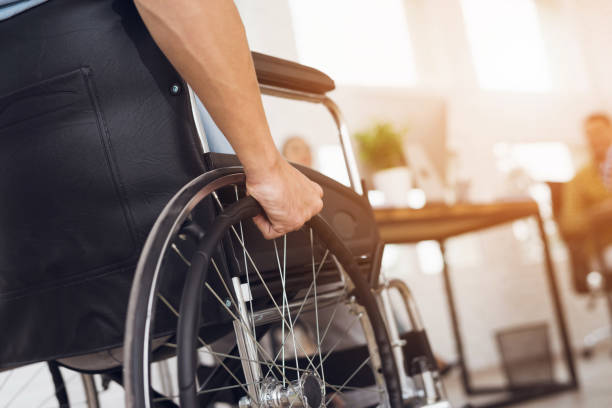Diseases

Paralysis Management
Ayurveda offers a comprehensive approach to managing paralysis by addressing the underlying imbalances, promoting nerve regeneration, and supporting overall well-being. Paralysis can have various causes, so treatment in Ayurveda is tailored to the individual's specific condition and needs. Here are some key aspects of Ayurvedic management for paralysis:
1. Identifying the Root Cause: Ayurvedic practitioners assess the individual's dosha (constitution) and determine the underlying imbalances that contribute to paralysis. Treatment focuses on restoring balance and addressing the specific causative factors.
2. Panchakarma Therapy: Panchakarma, a specialized Ayurvedic detoxification and rejuvenation therapy, may be recommended for paralysis. Procedures such as Abhyanga (therapeutic massage), Swedana (herbal steam therapy), and Basti (medicated enemas) can help remove toxins, reduce inflammation, and improve nerve function.
3. Herbal Remedies: Ayurvedic herbs and formulations are used to support nerve health, reduce inflammation, and promote nerve regeneration. Some commonly used herbs include Ashwagandha, Brahmi, Guggulu, Shallaki, and Turmeric. These herbs have neuroprotective and anti-inflammatory properties that may aid in the management of paralysis.
4. External Therapies: External therapies such as Pizhichil (oil bath), Elakizhi (herbal leaf poultice massage), and Podikkizhi (herbal powder massage) can be used to promote circulation, reduce muscle stiffness, and support nerve function.
5. Rehabilitation and Physiotherapy: Ayurveda recognizes the importance of physical therapy and rehabilitation in the management of paralysis. Therapeutic exercises, passive range-of-motion techniques, and specialized therapies like Nasya (nasal administration) may be recommended to improve muscle strength, coordination, and overall mobility.
6. Diet and Nutrition: Ayurvedic dietary recommendations for paralysis focus on nourishing the body and supporting nerve health. A balanced diet that includes fresh fruits, vegetables, whole grains, lean proteins, and healthy fats is typically recommended. Avoiding processed foods, excessive sugar, and unhealthy fats is advised.
7. Lifestyle Modifications: Ayurveda emphasizes lifestyle modifications to support recovery from paralysis. This includes maintaining a regular daily routine, practicing stress reduction techniques such as meditation and relaxation exercises, and getting adequate rest and sleep.
It's important to consult with a qualified Ayurvedic practitioner for a proper diagnosis, personalized treatment plan, and guidance throughout the course of treatment. Ayurvedic treatments can be used alongside conventional medical care for paralysis. Regular monitoring of symptoms and follow-up with healthcare professionals are essential for managing paralysis effectively.
